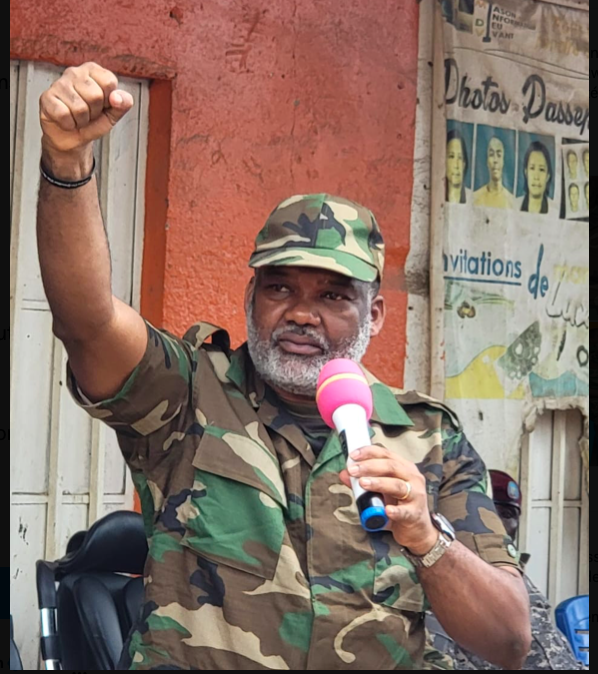In the heart of the Democratic Republic of Congo (DRC), the actions of the M23 rebel group have sparked significant attention, mirroring strategic maneuvers reminiscent of those by the Rwandan Patriotic Front (RPF) in the 1990s. Similar to the RPF’s approach, M23 has been strategically deploying “proxy” Congolese individuals, aiming to broaden the appeal of its cause and obscure external support fueling its ambitions.
Historically, M23 has received support from Rwanda, encompassing military, diplomatic, and financial aid, under the pretext of protecting Kinyarwanda-speaking Tutsis in the Kivu region. However, the group has recently revealed broader objectives, including a push towards the DRC’s capital, Kinshasa, and an expansion of its recruitment efforts beyond ethnic and regional boundaries within Kivu.
This shift became apparent on March 28, 2024, during a gathering in Kiwanja, organized by Corneille Naanga, now the coordinator of the Congo River Alliance. The event drew thousands, halting daily activities to air grievances against the government in Kinshasa. Among the new faces, Henri Magy, Adam Shalwe, and Yanick Tshishola, the latter previously serving under Richard Muyej, were prominently featured in military attire. This strategy recalls the RPF’s inclusion of Hutus to gain international legitimacy, only to sideline them after consolidating power.
The appearance of Eraston Bahati in Kiwanja, his first since M23’s significant losses at Kitshanga, underscores the group’s resilience. Meanwhile, the M23’s threat, bolstered by its alliance with Rwanda, poses increasing concerns for Goma and beyond. Civil society’s frustration is growing over a ceasefire seemingly favoring the rebels, allowing them time to regroup.
The return of President Félix Tshisekedi to Kinshasa, following visits to Lomé (Togo) and Nouakchott (Mauritania) as part of his role in the African Union, marks a critical juncture. His mission and stance within the continental organization are under close scrutiny, both domestically and internationally, as stakeholders await concrete responses to the challenges threatening regional stability.
M23’s recruitment of diverse Congolese figures and the projection of its ambitions mirror a strategy previously seen with the RPF in Rwanda. This development prompts questions about the movement’s true intentions and the future balance of power in the DRC and the broader region. The situation calls for a critical examination of external influences, particularly Rwanda’s role under President Paul Kagame, in shaping the dynamics of conflict and power in the DRC.





























































